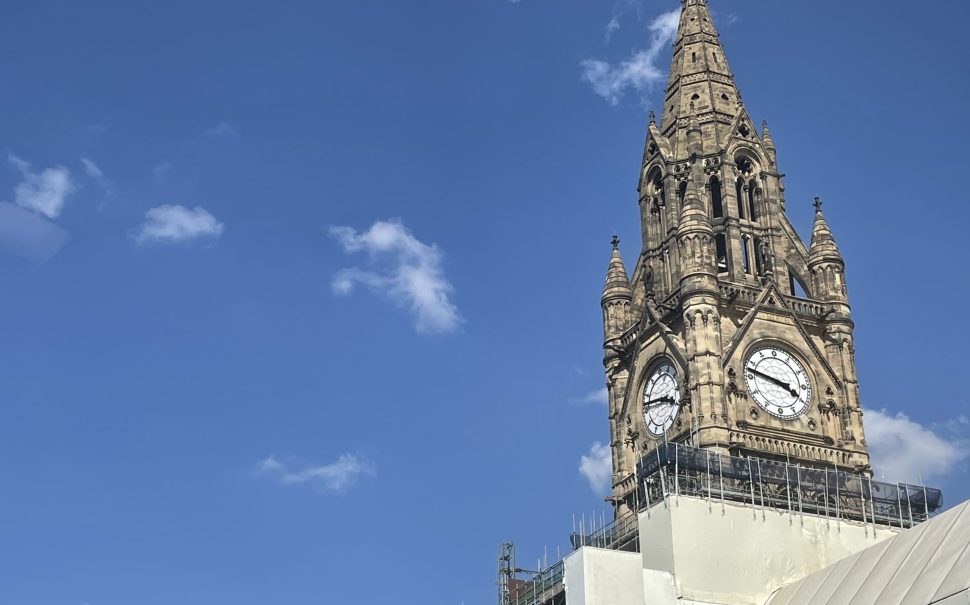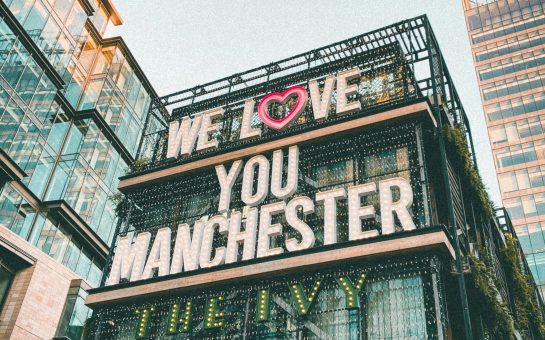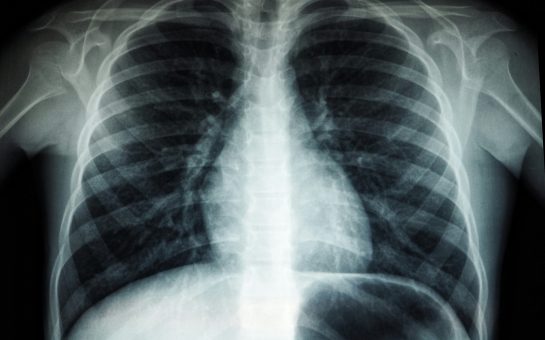Most council executives in Greater Manchester earn more than the Prime Minister, new data has revealed.
Eight chief executives across the ten local authorities of Greater Manchester were paid more than Keir Starmer last year, according to the Town Hall Rich List, a report published by the TaxPayers’ Alliance.
The highest paid in the local authorities of Bolton, Bury, Manchester, Salford, Stockport, Tameside, Trafford and Wigan made between £188,000 and £221,000 last year.
Bosses at Rochdale and Oldham councils earned £153,000 and £156,000, respectively, making them the only two chief executives in Greater Manchester who earned less than the Prime Minister’s annual salary of £172,153.
Benjamin Elks, grassroots development manager at the TaxPayers’ Alliance, said: “Local authorities must stop bloated pay deals for back office bureaucrats and focus on driving down costs and delivering value for taxpayers.
“As council tax goes up, services are cut back, and residents struggle to make ends meet, town hall bosses are sitting pretty on salaries that outstrip even what the Prime Minister earns.”
The Prime Minister receives £91,346/year for his services as a Member of Parliament and an additional £80,807 for being PM, although traditionally only £75,440 is claimed. Mr Starmer assumed office in July 2024.
The Town Hall Rich List, published annually, reveals the salaries of all council staff who earned more than £100,000 over the previous 12 months. The figures include staff whose bonuses or pensions brought their salaries into six figures.
Manchester City Council was the Rich List’s highest-ranking local authority in northern England and, of the 382 councils who submitted accounts, came 21st overall.
The council had 28 staff – 17 of whom are in undisclosed roles – earning a six-figure salary in 2024. This figure was 25 in last year’s report, meaning three more staff had a wage increase which brought them over the threshold.
Director of the Town Hall regeneration project Paul Candelent also earned more than the Prime Minister last year, with a salary of £155,898 and pension contributions of £26,814 bringing him to a total remuneration of £182,712.
The massive refurbishment of the Grade I-listed building was initially scheduled for completion in July 2024, but contractor Lendlease has pushed it back by two years into July 2026. A council report released in October revealed the project had run over budget by £76 million.
A spokesman for Manchester City Council said: “Manchester is one of the largest Councils in the UK and the city represents the largest engine of economic growth outside of London.
“The rate of pay of our senior officers is commensurate with similar sized Councils in the UK and their remuneration is consistent with their level of skill, expertise and level of responsibility. As would be expected of any responsible employer.
“The Council’s staff structure and the amount all staff are paid is constantly monitored to ensure that it is both appropriate and delivers the results the city needs. The Council is also wholly transparent about senior officer pay and these figures are published on the Council’s website.”
All nine other local authorities in the region were approached for comment.
A total of 152 council employees across the GMCA earned in excess of £100k in the 2023-24 tax year. This is a 17% percent increase from the previous year’s figure of 130.
Local authorities in Greater Manchester have had more collective power since the combined authority was created in 2011. But data from the National Audit Office in 2022 found that council spending power across the whole of the UK had decreased by billions since 2015.
In spite of this, the number of employees on the Rich List increased in eight of the ten Greater Manchester councils in the last decade, with Bury increasing from five to 14 employees between 2015 and 2025, and Salford council rising from eight to 21 for the same period – an increase of 162%. Only two councils, Tameside and Oldham, saw a reduction in Rich List employees.
Salford resident Sally McLennan, 30, said: “I’m surprised the list is so large given the state of public finances. All of these people earn more than MPs.
“Doesn’t feel like a fair distribution. I’d be interested to see the disparity between the lowest paid and the highest paid worker.”
Inflation in this period rose from 0.1% in 2015 to a height of 11.1% in 2022, and currently sits at 2.6%. Real wage growth has been slower in the public sector than in the private sector, but the last two years have seen successive pay deals for local authority employees.
A local government pay deal awarded £1,290 or 2.5% (whichever was higher) to council staff nationwide in April 2024, which may have brought some over the £100k threshold. This was followed with a further pay increase of 3.2% from April 2025, which will likely add more names to next year’s Rich List.
For the lowest pay grade (£22,366) in Manchester City Council, salaries will therefore go up by £715.71. But the chief executive’s pay rise will be nearly ten times bigger at £7071.42.
Addressing the issue of pay ratios in its Pay Policy Statement for 2024/25, Manchester City Council said it did not have a target for setting a ratio between the salary of highest earners and other employees and does not propose to set one as “such targets serve no useful purpose”.
Hulme resident Jay Plent, 28, worked for several years in the Trafford Council-funded Waterside Arts centre. He said: “As someone who used to work for a local authority, public sector pay rises used to make a massive difference to me.
“I can tell you there is a huge amount of pressure in admin roles, particularly from above. But those roles are the people that keep councils and centres running day-to-day. They feel the most benefit from pay deals, so it would be nice if it was weighted a bit more towards them.
“As a resident of Manchester City Council, my council tax has gone up again this year by about £240, but I don’t really feel that services have improved as a result.”




